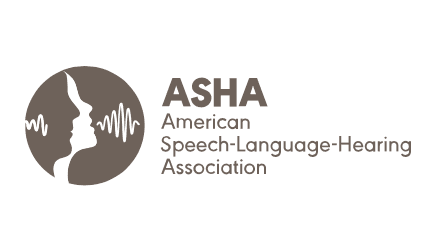With National Disability Employment Awareness Month just concluded, the Center on Employment at Rochester Institute of Technology’s National Technical Institute for the Deaf announced that it is offering tips for employers conducting virtual interviews with deaf and hard-of-hearing job candidates.
“In light of the COVID-19 pandemic, we recognize that the usual approach to the interview process has been dramatically impacted, and many employers are turning to virtual platforms to conduct their interviews,” said John Macko, director of RIT/NTID’s Center on Employment.
Employers can ensure that deaf and hard-of-hearing job candidates have full access to communication for a successful interview. Here’s how:
- Avoid having bright lights or a window directly behind you that can create glare and cause eye strain for the candidate. Make sure there are no distractions in the background, as well.
- If the candidate is not familiar with the platform (Zoom, Google Meet, etc…) used for the interview, allow them to perform a test connection to make sure the candidate can connect at the time of the interview.
- Encourage the candidate to let you know if communication is unclear. Ask questions and clarify comments to ensure the candidate understands everything that is happening during the interview.
- Use a dry erase board, writing tablet, chatroom, or comment feature to help clarify your communication.
- Resist putting your hands on or near your mouth when speaking. Feel free to use gestures and facial expressions.
- Make sure sign-language interpreters and/or captionists have access to the virtual interview platform.
- If the candidate is using captioning or an interpreter, allow a few seconds between responses.
- The interview host should unmute the interpreter who will be voicing for the deaf candidate. If there are two interpreters for a group interview, allow for a pause when the interpreters announce their switch in voicing or signing during the interview.
- If there is a group of interviewers, “pin” the speaker and interpreter so it’s easier for the participants to find them onscreen.
- In a group interview, ask each person to identify themselves before speaking so the deaf candidate knows who is talking.
“Following these simple guidelines is a great place to begin to foster an environment for a successful job interview with a deaf or hard-of-hearing candidate,” Macko said. “Having communication access and offering multiple solutions to communication barriers will help your deaf or hard-of-hearing candidate feel comfortable while engaging in conversation. Your potential hire will appreciate your company and be more confident in their ability to be successful if they know they have full access to information.”
For more than 40 years, NCE has worked with employers throughout the country and in all industries to facilitate hiring of qualified deaf and hard-of-hearing RIT/NTID co-op students and graduates.
To learn more about conducting virtual or in-person interviews with deaf or hard-of-hearing candidates, visit the NTID Center on Employment website.
Source: RIT
Image: RIT





